Snail Says: From a Failing Student to a Microsoft Scholarship Winner
(Reposted from USTC Graduate Student Union WeChat public account, thanks to Zhu Yixing and other students for the interview)


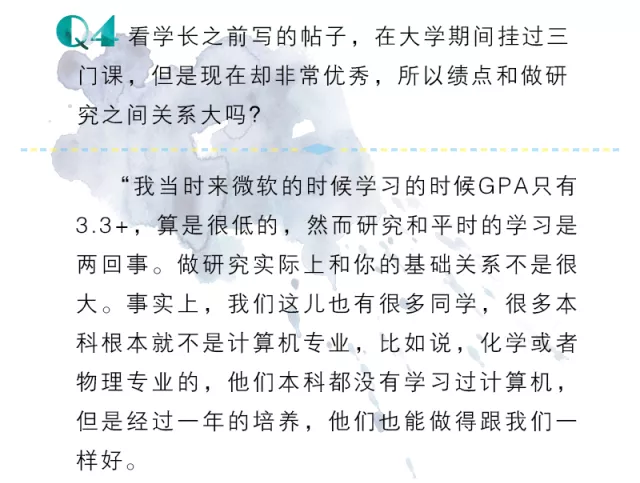

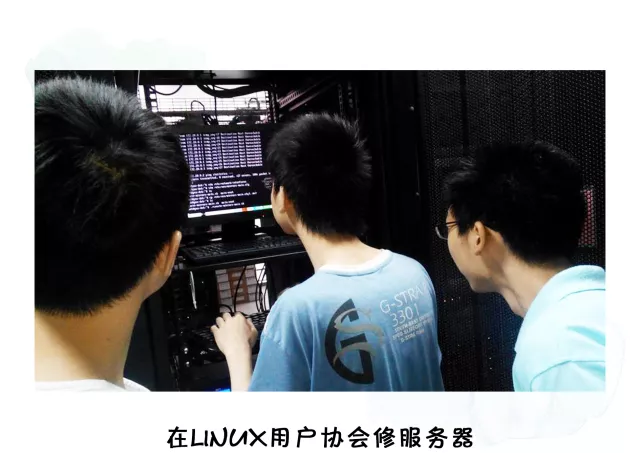
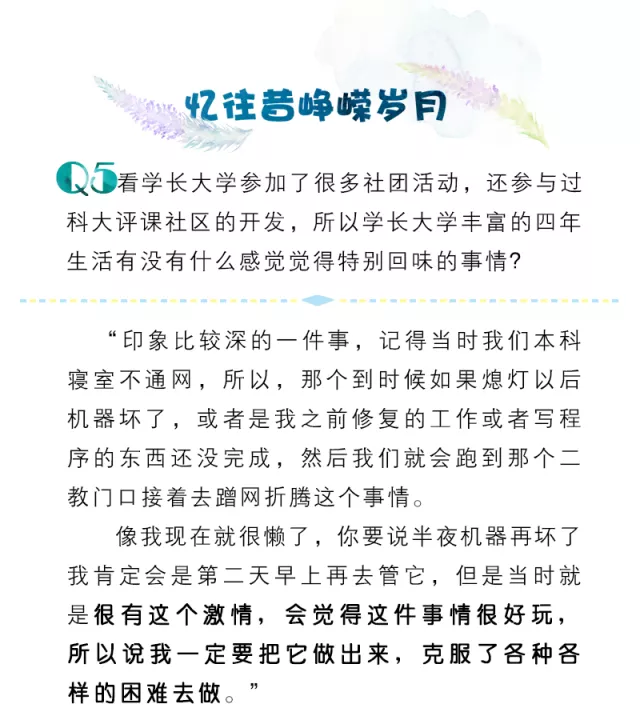
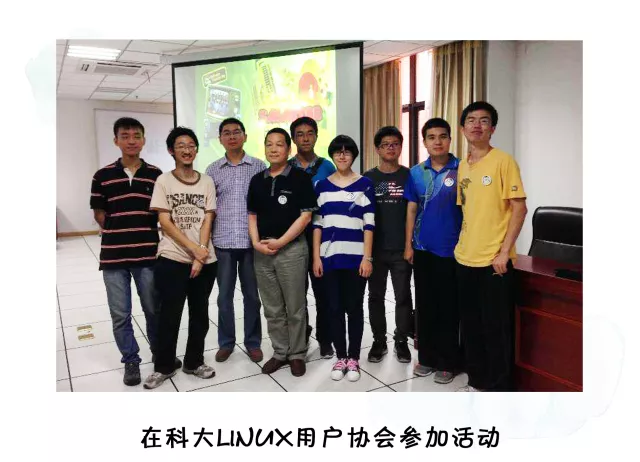
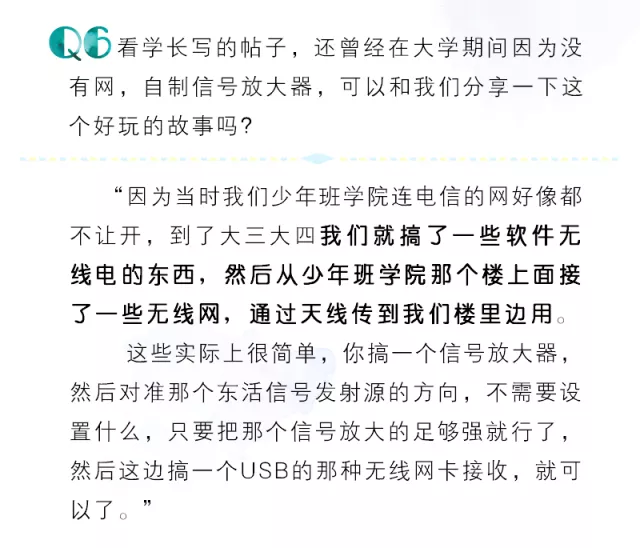
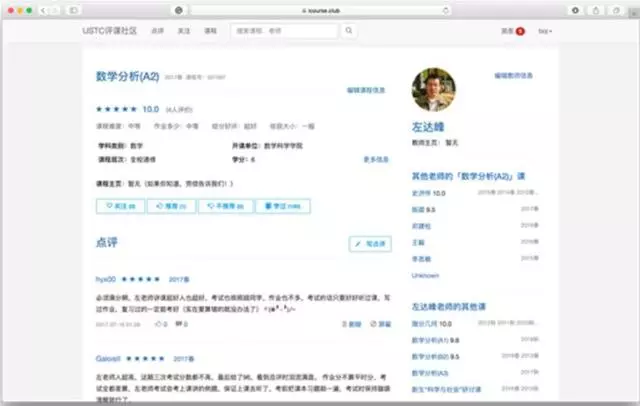 ▲ USTC Course Review Community
▲ USTC Course Review Community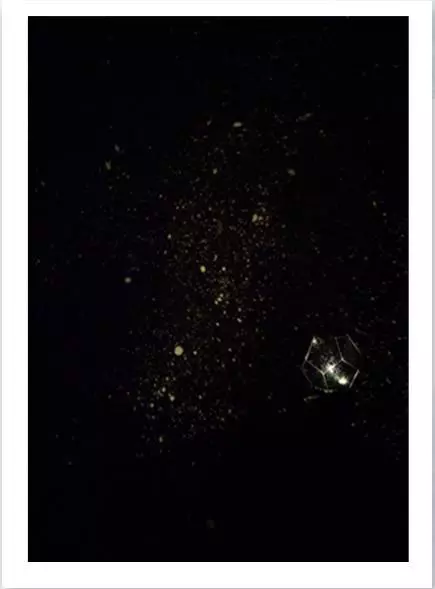 ▲ Self-made Star Lamp
▲ Self-made Star Lamp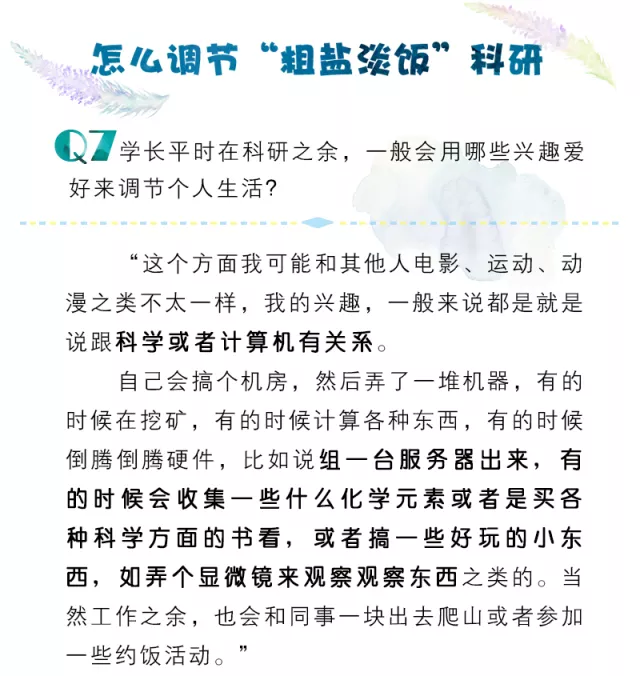
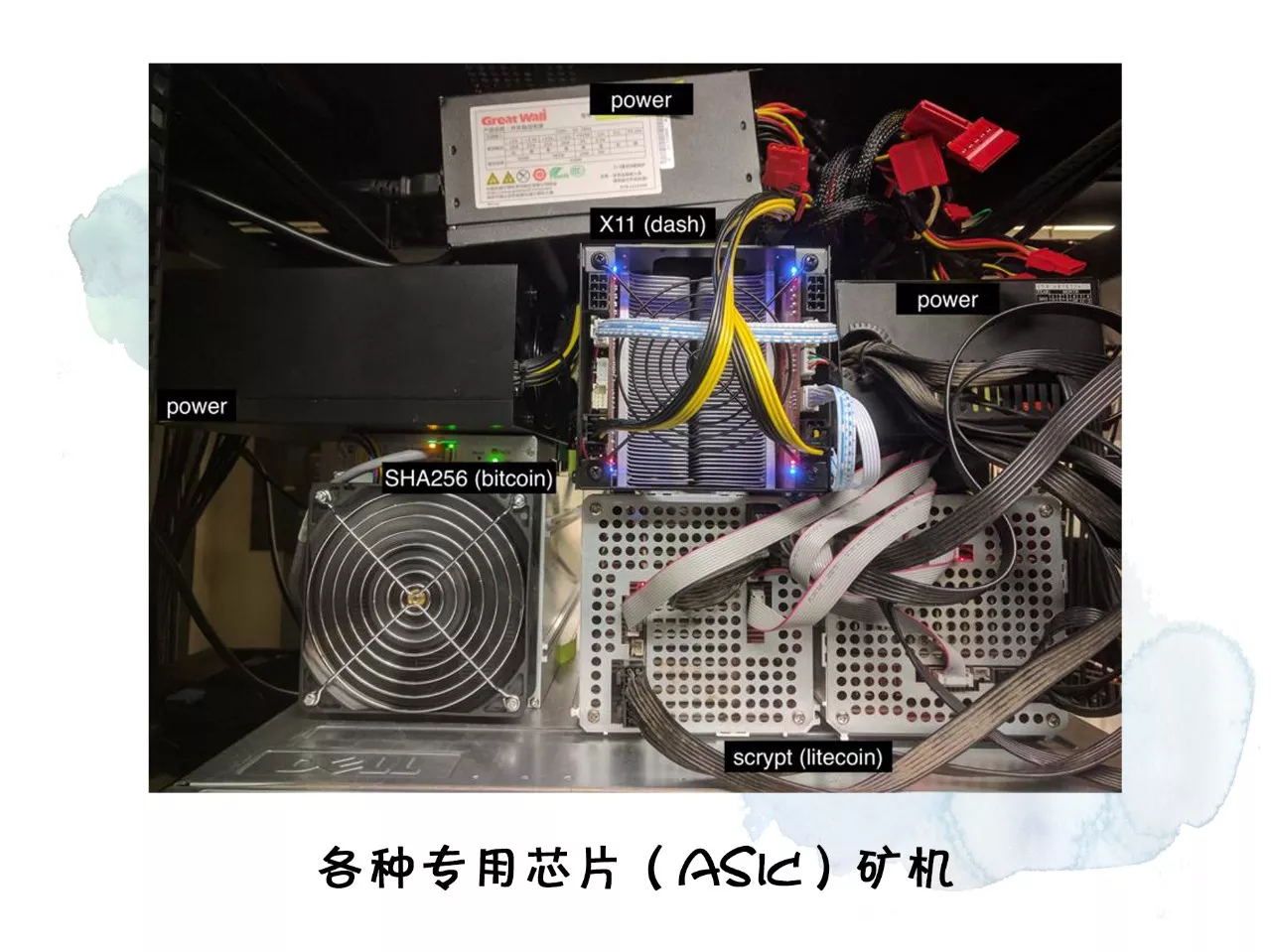
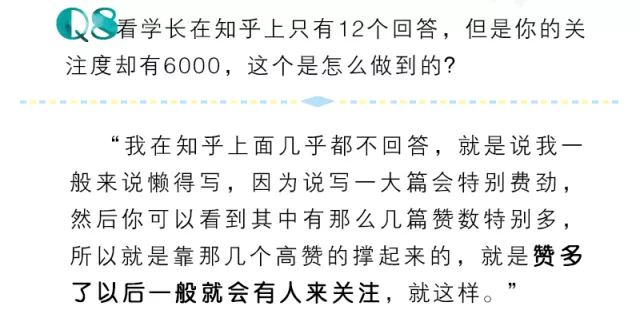

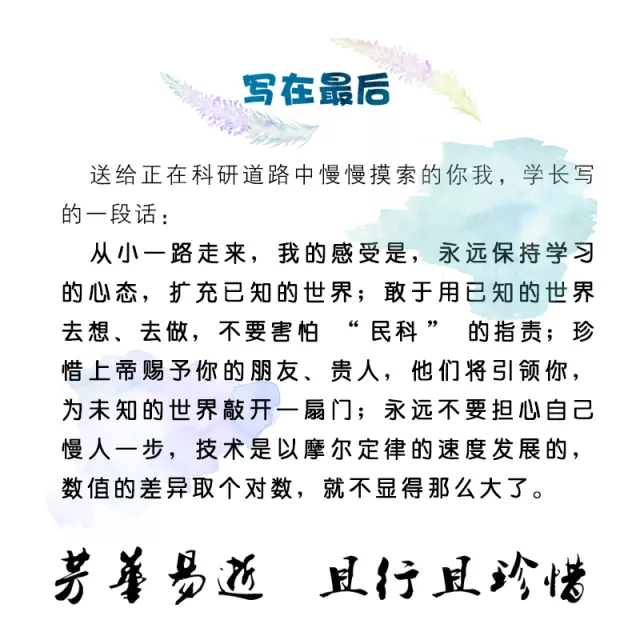
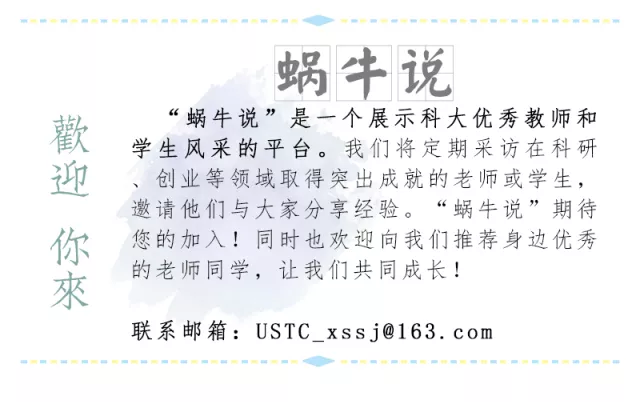
If I had to start with one word for him,
it would be
tinkering.
Self-taught C language and computer programming at 12
Built his first website and forum at 16 or 17
Entered USTC’s School of the Gifted Young at 18
Joined Microsoft Research Asia at 22
Served as the head of the Linux User Group
Co-founded the university’s Gewu Zhizhi Society
Founded the Technical Department of the School of the Gifted Young
In the eyes of the world, he was not doing his proper job,
Failed three courses in college,
Not exactly a typical top student,
Yet he is a 2017 Microsoft Scholarship winner
And received the award personally from the director of Microsoft Research Asia
In most people’s eyes,
Researchers are just buried in the lab,
Living a monotonous life,
Always unknown to the public,
But he is a “little star” on Zhihu with over 6k followers
Talking freely about his views on his research field
His name is Li Bojie
A 2010 computer science student from the School of the Gifted Young at USTC
Currently a joint PhD student at Microsoft Research Asia and USTC
Today, in the final episode of “Snail Says,” we invite Senior Bojie
To give you a comprehensive analysis of
The study and life of a “rule-breaking” researcher who loves to tinker through ten questions
About Microsoft
Q1: First of all, congratulations on winning the Microsoft Scholarship. What is your current research direction and why did you choose it?
Senior Bojie: My research is relatively niche, in the field of hardware acceleration. It all started in 2012 when I became interested in Bitcoin mining, so I started mining with FPGA and GPU. Later, I found that programmable, customized hardware performs much better than the common CPUs we use now. I found this new hardware fascinating and wanted to do some research in this area. Microsoft happens to be a pioneer in programmable hardware, deploying a large number of FPGAs in data centers for acceleration, so I was very interested in the joint training opportunity with Microsoft. When I came to Microsoft, I continued working in this area.
Q2: Generally, many USTC students choose to go abroad. What made you choose Microsoft?
Li Bojie: In the second semester of my junior year, I stepped down as the president of LUG and joined the Gewu entrepreneurial team, writing server-side code for several products. So I canceled my GRE registration and prepared for graduate school, wanting to experience the feeling of studying for a master’s degree while starting a business. At that time, my class advisor mentioned a “Microsoft Young Scholar” scholarship, so I applied. After an interview, which was linked to the “Microsoft-USTC Joint PhD Program,” I not only received the scholarship but also got the opportunity to intern at MSRA (Microsoft Research Asia). As mentioned earlier, Microsoft Research is a pioneer in many technologies, so I accepted the internship opportunity. After interning for a while, I felt that the work at Microsoft was much more advanced than what I was doing at school, so I decided to stay.
What Research Really Needs
Q3: You mentioned that your research field is relatively niche. Have you ever considered giving up or choosing another field?
Li Bojie: I am the type of person who can only do well in things I like. For example, AI is very popular now, but I know I am not good at it, so I won’t do it. There are so many things to do in this world; you don’t have to work on hot topics to achieve results.
I believe that not everyone can do well in everything. Of course, some people can excel in anything they do, but I don’t think I am one of them. As I said before, you have to keep doing what you are interested in to achieve something.
Q4: You mentioned in your previous posts that you failed three courses in college but are now very successful. Is there a significant relationship between GPA and research?
Li Bojie: When I came to Microsoft, my GPA was only 3.3+, which is quite low. However, research and regular studies are two different things. Research is not closely related to your foundation. In fact, many of our colleagues here did not major in computer science as undergraduates. For example, some majored in chemistry or physics and had never studied computer science as undergraduates, but after a year of training, they can do as well as we do.
So, GPA mainly reflects your foundation and is not particularly important. I think for long-term development, interest and passion for research are the most important.
Recalling the Past
Q5: You participated in many club activities in college and were involved in developing the USTC Course Review Community. Do you have any memorable experiences from your rich four-year college life?
Li Bojie: One memorable experience was when our undergraduate dormitory had no internet. If the computer broke down after lights out or if I hadn’t finished my repair work or programming, we would run to the entrance of the second teaching building to use the internet.
Now, I am quite lazy. If something breaks in the middle of the night, I would definitely wait until the next morning to fix it. But back then, I was very passionate and found it fun, so I would overcome various difficulties to get it done.
Q6: You mentioned in your posts that you made a signal amplifier because there was no internet in college. Can you share this interesting story with us?
Li Bojie: At that time, our School of the Gifted Young didn’t even allow us to use the telecom network. In our junior and senior years, we started using some software and wireless equipment to connect to the wireless network from the top of the School of the Gifted Young building to our dormitory.
It’s actually quite simple. You just need to make a signal amplifier and point it in the direction of the signal source. No need to set anything up; just amplify the signal enough, and then use a USB wireless network card to receive it.
How to Balance "Plain and Simple" Research
Q7: What hobbies do you use to adjust your personal life outside of research?
Li Bojie: My hobbies might be different from others who enjoy movies, sports, or anime. My interests are generally related to science or computers.
I have my own server room with a bunch of machines. Sometimes I mine, sometimes I calculate various things, and sometimes I tinker with hardware, like building a server computer. I also collect chemical elements or buy various science books to read, or play with fun gadgets like a microscope to observe things. Of course, outside of work, I also go hiking or join dinner events with colleagues.
Q8: You only have 12 answers on Zhihu, but you have 6000 followers. How did you achieve this?
Li Bojie: I rarely answer questions on Zhihu because I find writing long posts very tiring. But you can see that a few of my posts have a lot of upvotes, so it’s those high-upvote posts that attract followers.
TO YOU
Q9: Do you have any advice for juniors who are unsure about their life goals?
Li Bojie: For undergraduates, first, balance your studies and life. Don’t make GPA your only goal and stress yourself out. Having a high GPA doesn’t necessarily mean it will be useful in the future. Second, try to experience working in a lab and receive some training in thinking methods. This way of thinking can provide a more rational analysis method and a new perspective on social events.
For graduate students, understand your research problem from a higher perspective. If your research problem is not particularly important, you should discuss it with your advisor and work on a truly important problem. This requires a panoramic understanding of your research field and more knowledge of related fields. Choose a relatively important problem to work on, so your years as a graduate student will be more meaningful.
A Serious Guide to Finding a Partner
Q10: Do you have any advice or guidance for the large single population at USTC?
Bojie: Ah, I don’t have any advice or guidance because I am also single, so why ask me for guidance??
Well, the editor says, “Senior, we didn’t mean to.”
In Conclusion
A message from Senior Bojie for those of us slowly exploring the path of research:
From a young age, my experience has been to always maintain a learning mindset and expand the known world; dare to think and do with the known world, and don’t be afraid of being labeled as “pseudo-scientific”; cherish the friends and mentors God has given you, as they will guide you and open a door to the unknown world; never worry about being one step behind, as technology develops at the speed of Moore’s Law, and the numerical difference becomes less significant when you take the logarithm.
Youth is fleeting, cherish it as you go.